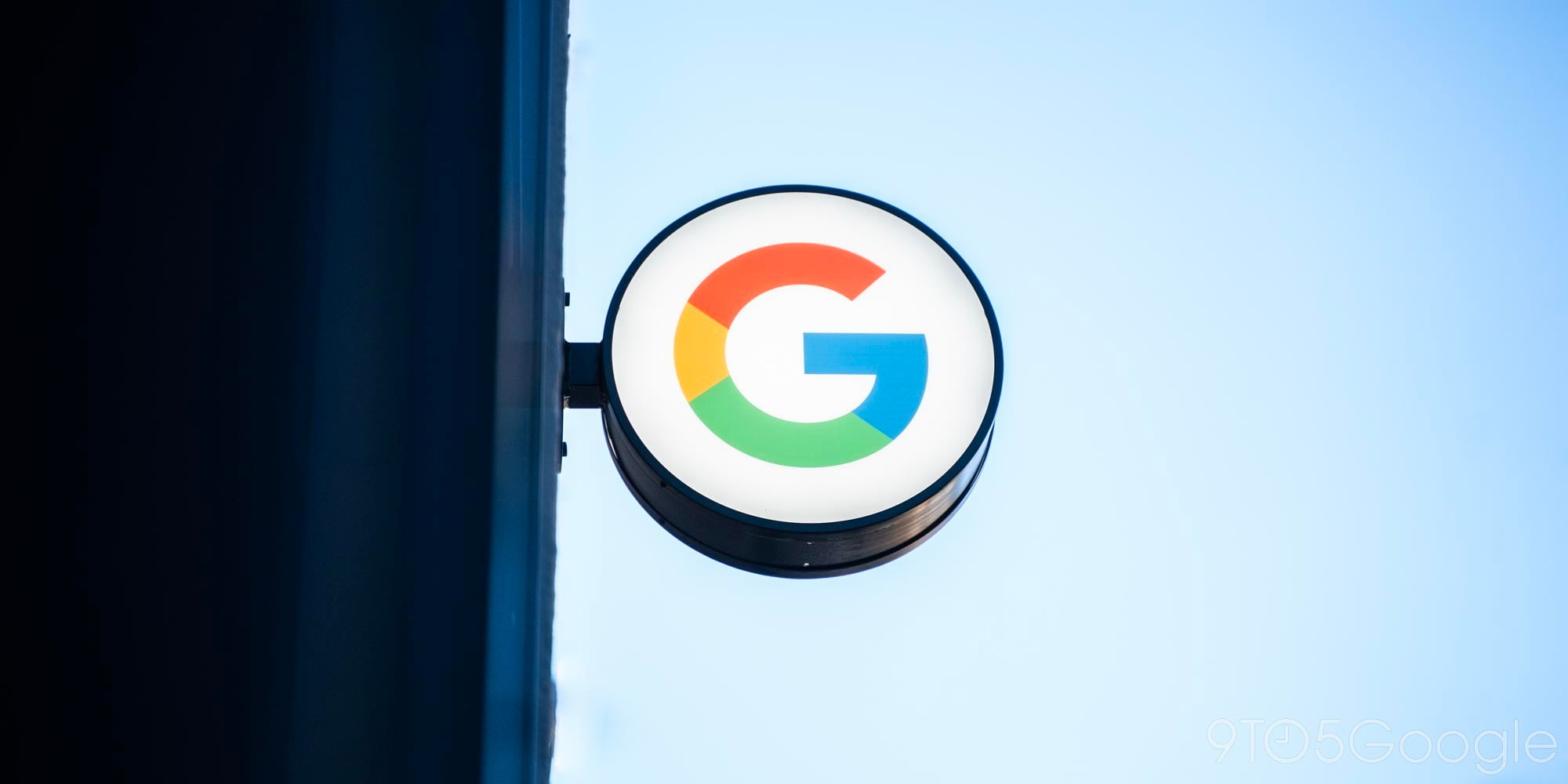
Manifest V3 is the latest specification for building Chrome extensions. The update was controversial in that it affected ad blockers, but Google maintained that privacy was the priority. Mozilla announced yesterday that it would support Manifest V3 extensions in Firefox to “maintain a high degree of compatibility to support cross-browser development.”
In implementing Manifest V3, Mozilla “will diverge from Chrome’s implementation where we think it matters and our values point to a different solution.” The most notable change relates to the new declarativeNetRequest (DNR) API .
It replaces the webRequest API that, according to Google, provides “access to potentially sensitive user data,” but is used by popular ad blockers. Mozilla’s solution is to continue allowing the previous approach and add support for the new one so that developers can “choose the approach that works best for them and their users.” The Chrome team has said it supports ad blockers on the platform and made changes to Manifest V3 in response to feedback.
After discussing this with several content blocking extension developers, we have decided to implement DNR and continue maintaining support for blocking webRequest. Our initial goal for implementing DNR is to provide compatibility with Chrome so developers do not have to support multiple code bases if they do not want to.
We will support blocking webRequest until there’s a better solution which covers all use cases we consider important, since DNR as currently implemented by Chrome does not yet meet the needs of extension developers.
Elsewhere, the Firefox developer agrees with Google’s decision to make sure extensions don’t essentially keep open a full page in the background in order to run. Instead, the browser will support service workers to handle background tasks and event handling.
Mozilla will also implement cross-origin protections to aid cookie privacy and implement a feature similar to Chrome’s that lets end users control what sites extensions can be active on.
Firefox will start letting developers test the Manifest V3 support in Q4 of 2021, while it will start accepting new extensions early next year. Since this is a “large platform project,” the “schedule may be pushed back or delayed due to unforeseeable circumstances.”
We have not yet set a deprecation date for Manifest v2 but expect it to be supported for at least one year after Manifest v3 becomes stable in the release channel.
FTC: We use income earning auto affiliate links. More.




Comments